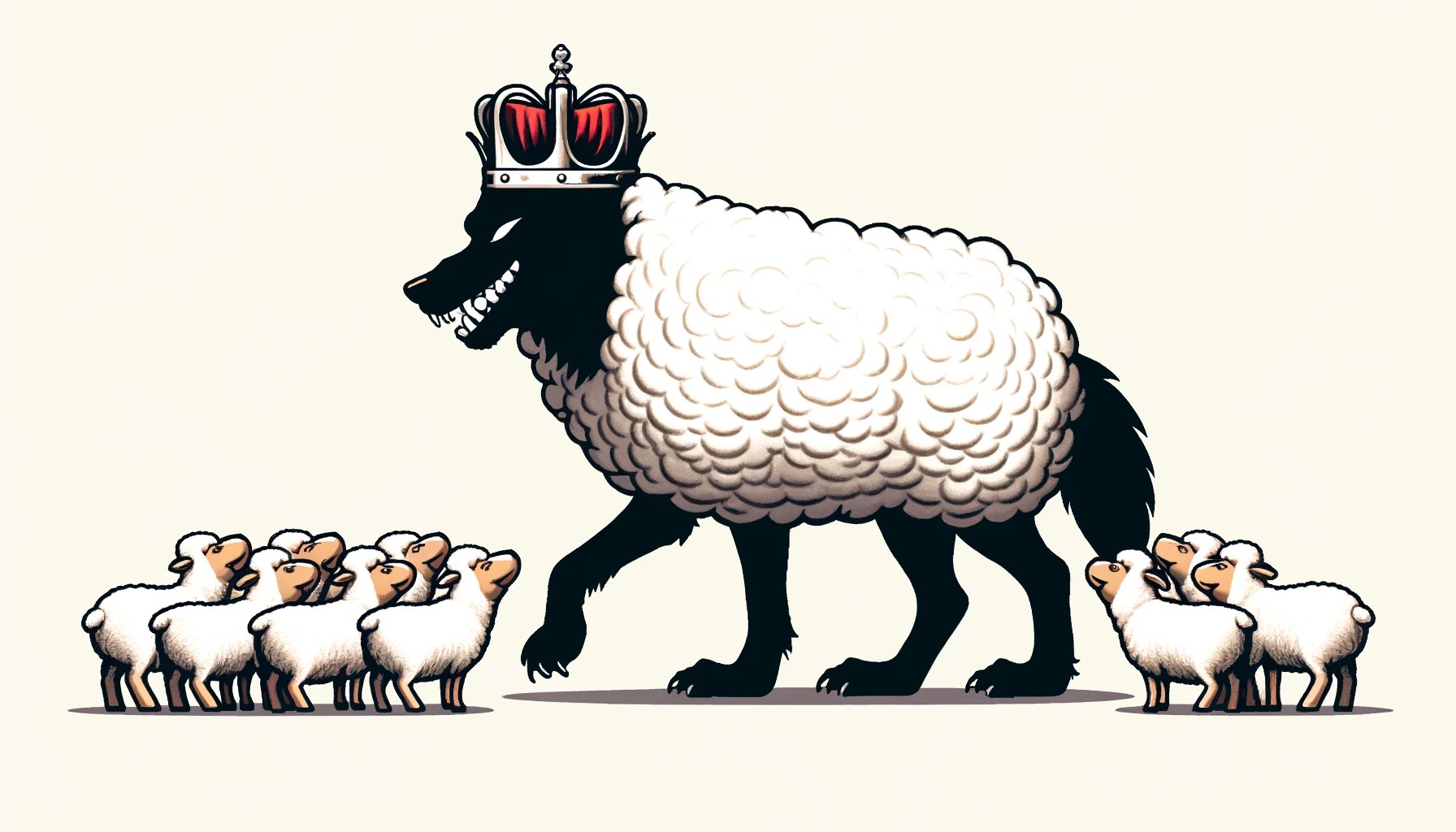



In a recent opinion piece published by Eurasia Review, Sergio Martínez discusses the critical role of institutional quality in shaping economic progress and human behavior. He references the work of Daron Acemoglu and James Robinson, who distinguish between inclusive institutions, which promote wealth creation, and extractive institutions that primarily benefit elites. This distinction is particularly relevant in the context of democratic erosion and economic inequality, as highlighted in previous analyses from Gulf Times and the Brookings Institution.
Martínez notes that the 2024 Institutional Quality Index (ICI) by RELIAL ranks 183 countries on their institutional quality, with Denmark, Switzerland, Finland, and New Zealand occupying the top four positions. The United States, however, has dropped four places since 2021, now ranking 18th. This decline in institutional quality is concerning, as countries with higher institutional quality tend to have higher per capita incomes; for instance, Denmark ranks eighth in per capita GDP.
The article emphasizes that strong institutions are essential for reducing uncertainty, encouraging innovation, and fostering economic growth. Without robust institutions, economies can become chaotic and unequal, which aligns with the argument made in Gulf Times that high levels of income inequality can lead to democratic backsliding. The erosion of democratic systems, as discussed in the Brookings Institution's analysis, can further exacerbate economic decline, particularly affecting businesses reliant on stable governance.
Martínez also points out that institutional change is slow, with little movement observed in the top 20 countries over the past four years. This stagnation raises concerns about the future of democracy and economic stability in nations like the US, where the concentration of power and declining institutional quality could lead to increased risks of despotism, as noted in the analysis from Econlib.
Overall, the integration of insights from Eurasia Review, Gulf Times, the Brookings Institution, and Econlib paints a comprehensive picture of how institutional quality is intertwined with economic growth, democratic integrity, and the potential for inequality to undermine both. The narrative underscores the importance of fostering inclusive institutions to safeguard democracy and promote equitable economic development.
[b131eb20] [bb8610ed] [2455e645] [29e34fcd]